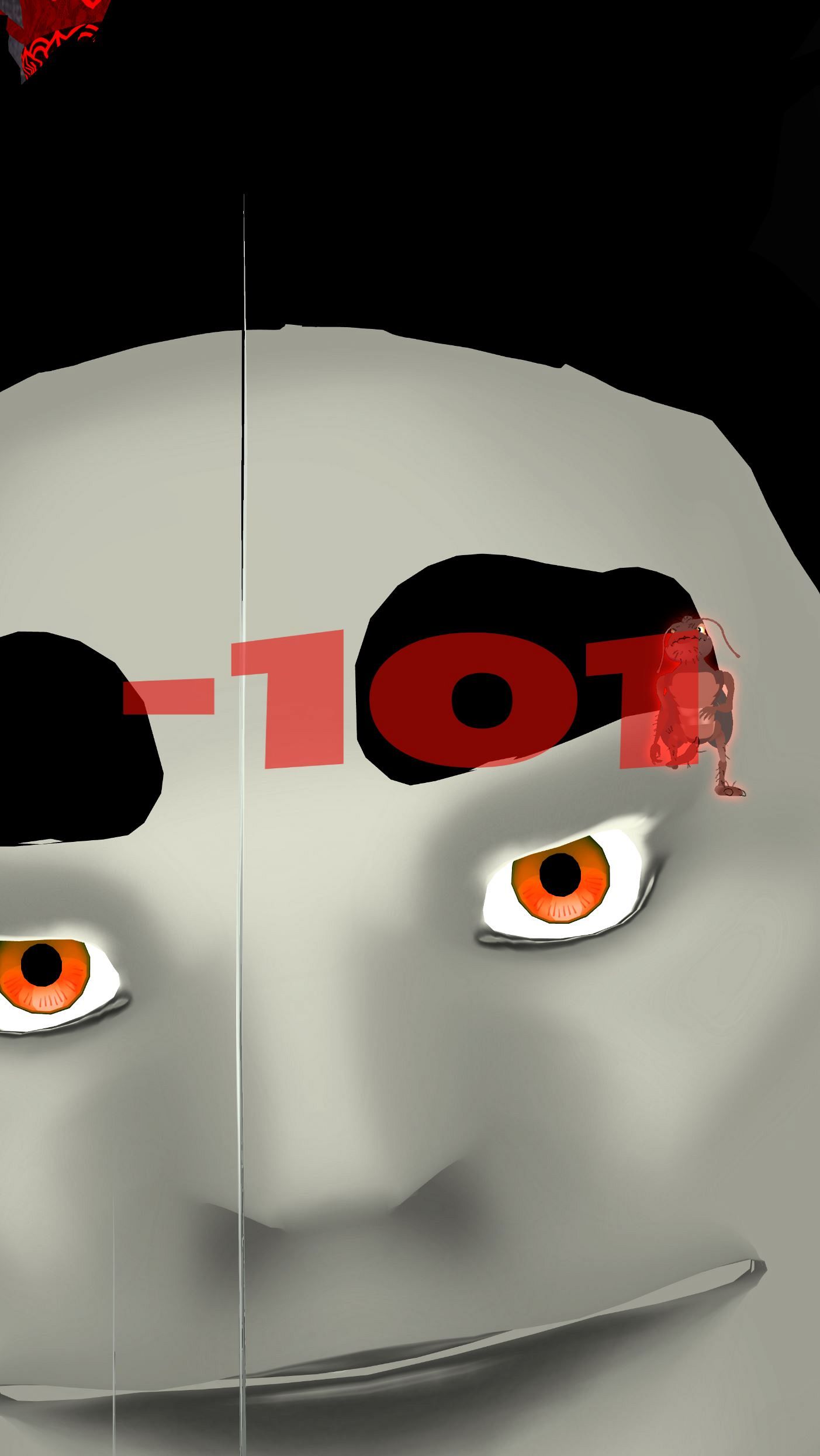In the world B.C.1Here “the world B.C.” is a quote from New York Times columnist Thomas L. Friedman’s statement in early 2020, “there is the world B.C.—Before Corona—and the world A.C.—After Corona.” His best-selling book The World Is Flat was published in 2004. (Before the Internet), homo sapiens sat in front of televisions and watched a competition that made athletes from different ethnic groups overcome jetlag. They were persuaded to believe an internet-based illusion: that the world is flat.
From what I remember, I have hardly paid attention to the Olympics after becoming an internet user; the Olympics’ forced sense of ritual has been broken by the network’s nonlinearity. Especially since the appearance of COVID-19, people have proven that they can work from home for at least 1.5 years without going outside. Thus it seems ill-timed that Olympic officials still insist on opposing this new tendency of self-isolation at the moment.
When Tokyo hosted the Summer Olympics in 1964, it was the first time the Olympics had ever been held in Asia; Japan successfully established its image as an advanced country through this endeavor. In the following four years, Japan surpassed Britain, France, and West Germany, among other countries, to become the world’s second largest economy. The long tail effect caused by the Olympics could even be perceived well into the 1990s, after Japan’s economic bubble collapsed. Overall, however, the Olympics had always been a money-losing proposition for host cities until the internationally televised broadcast of the 1984 Olympics in Los Angeles. Even with a mature business model, hosting the Olympics is rarely profitable and, in essence, merely a soft power vehicle and a tool for propaganda. In my opinion, electronic sports should have been included in the Olympics this year since Abenomics needs the Olympics to improve quantitative easing. As early as 2018 (Before Corona), the value of e-sports’ media rights had already nearly exceeded 100 million USD, and the worldwide viewership of Dota 2’s online programs had reached more than 380 million. Today’s Japan (After Corona) is the most suitable place to launch e-sports as a new chapter of the 21st century Olympics. Meanwhile, the greatest Japanese invention of the 21st century could also be used in the Olympics: the bullet screen.
Although the B.C. (Before Corona) me thought it was a bit perverted that tens of thousands of people watched a big screen in a stadium, people who have experienced the pandemic probably won’t be so conservative in the world After Corona.
In 2021, I wonder if we’ll still be able to sit in a stadium and watch people play e-sports again one day. After all, the interactive learning and competition processes of machine learning AI are supposed to be more popular according to the trend of AI devices from various countries performing database supercomputing in the cloud. What is ping-pong? What is diving? AI can turn a rookie robot into an Olympic champion as long as its computing power is fast enough. During the pandemic, my latest project Twelve Taoyuan Villages, which involves machine learning AI devices competing on game engines, was completed in cooperation with Cornell University’s computer science researchers through Zoom. As AI devices also have different intelligence and learning ability levels, the reinforced learning programs score each AI device’s behavior during performance. In order to obtain higher scores, they must restrain their own behaviors and relearn every time the simulation program runs. Through in-depth interaction with AI in recent years, I believe that the popularization of AI competition will come more swiftly than we ever imagined possible, like the approach of objects observed in the rearview mirror.
The era of the B.C. race is probably over. However, as information barriers have been strengthened, the globalization era of Internet 2.0 suddenly makes me nostalgic for the B.C. scene of crowds gathering in Olympic stadiums. Of course, it’s probably safer to watch this through a broadcast with a bullet screen.
Translated from the Chinese by Lu Sun.
Miao Ying is an artist based in New York and Shanghai. She is among the first generation of Chinese contemporary artists who grew up with the internet, Chinese economic reform, and the one-child policy. Her solo exhibitions include ArtBasel Pioneers, (2021); M+ Museum, Hong Kong (2018); New Museum, New York (2016); Chinese Pavilion, Venice Biennale (2015). Her work has been featured in international group shows at Castello di Rivoli, Turin (2020); 12th Gwangju Biennale, South Korea (2018); MoMA PS1, New York (2017); UCCA, Beijing (2017); Kunst-Werke Institute for Contemporary Art, Berlin, (2016); amongst others. She is the recipient of the Porsche Young Chinese Artist of the year (2018- 2019).
Lu Sun, literary translator, mainly specialized in book translation including fiction and non-fiction: Everything I Never Told You (Celeste Ng), A Widow for One Year (John Irving), Thing Explainer (Randall Munroe), Britt-Marie var har (Fredrik Backman), The Adventures of Tom Sawyer (Mark Twain), Moonglow (Michael Chabon), Pan’s Labyrinth (Guillermo del Toro & Cornelia Funke), Brave Genius (Sean B. Carroll), etc.
平行奥运 Olympic Reveries
In tandem with the Tokyo Olympics, Heichi Magazine is hosting a parallel assembly of artist essays. Olympic Reveries emphasizes the cultural spaces opened up by sports and the illusion of spatiotemporal unity created by live broadcasts. We invited artists to extend the ideas of athleticism and national culture into their practices and speculate on real or imagined games that present values different from those of mainstream sporting events.
